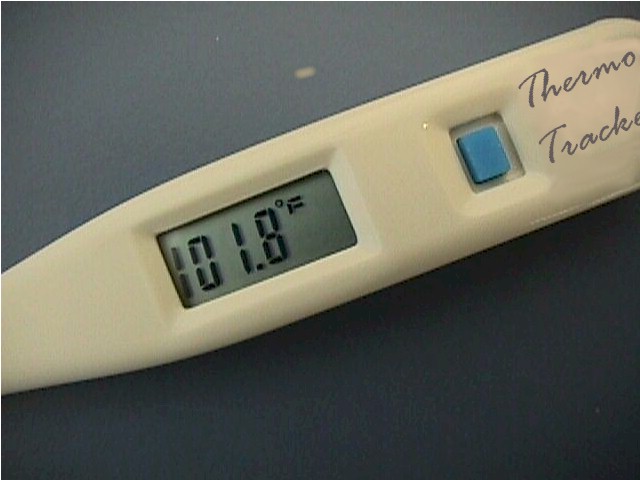|
Chorioamnionitis |
|
 Chorioamnionitis is an infection of the placenta and fetal membranes.
Chorioamnionitis is an infection of the placenta and fetal membranes.
Organisms responsible for this infection include Strep, coliforms, and anaerobes. Polymicrobial infection is common.
 In its' earliest stage, there may be no symptoms or clinical signs. As it becomes more
advanced, clinical evidence of infection may appear, including:
In its' earliest stage, there may be no symptoms or clinical signs. As it becomes more
advanced, clinical evidence of infection may appear, including:
- Elevated maternal temperature above 100.4.
- Elevated maternal white blood count
- Fetal tachycardia
- Foul-smelling amniotic fluid
- Uterine tenderness
Chorioamnionitis may be a problem for both the mother and the fetus. Maternal infections can prove to be very serious. The fetus may suffer not just from infection, but also because of the elevated core temperature of the mother. Increased core temperatures lead to an increased metabolic rate of the fetal enzyme systems, which in turn need more oxygen than normal. At times, this increased oxygen demand cannot be met and the fetus may become progressively hypoxic and acidotic.
Chorioamnionitis during labor is treated very aggressively, with broad-spectrum, intravenous antibiotics such as:
- Ampicillin 2 gm IV every 6 hours, plus gentamicin 1.5 mg/kg (loading dose) and 1.0 mg/kg every 8 hours
- Ampicillin/sulbactam 3 gm IV every 4-6 hours
- Mezlocillin 4 g IV every 4-6 hours
- Piperacillin 3-4 g IV every 4 hours
- Ticarcillin/clavulanic acid 3.1 gm IV every 6 hours
Maternal temperature is treated with oral or rectal acetaminophen, 1 gm every 4 hours.
Plans are made for prompt delivery. Vaginal delivery is usually possible.